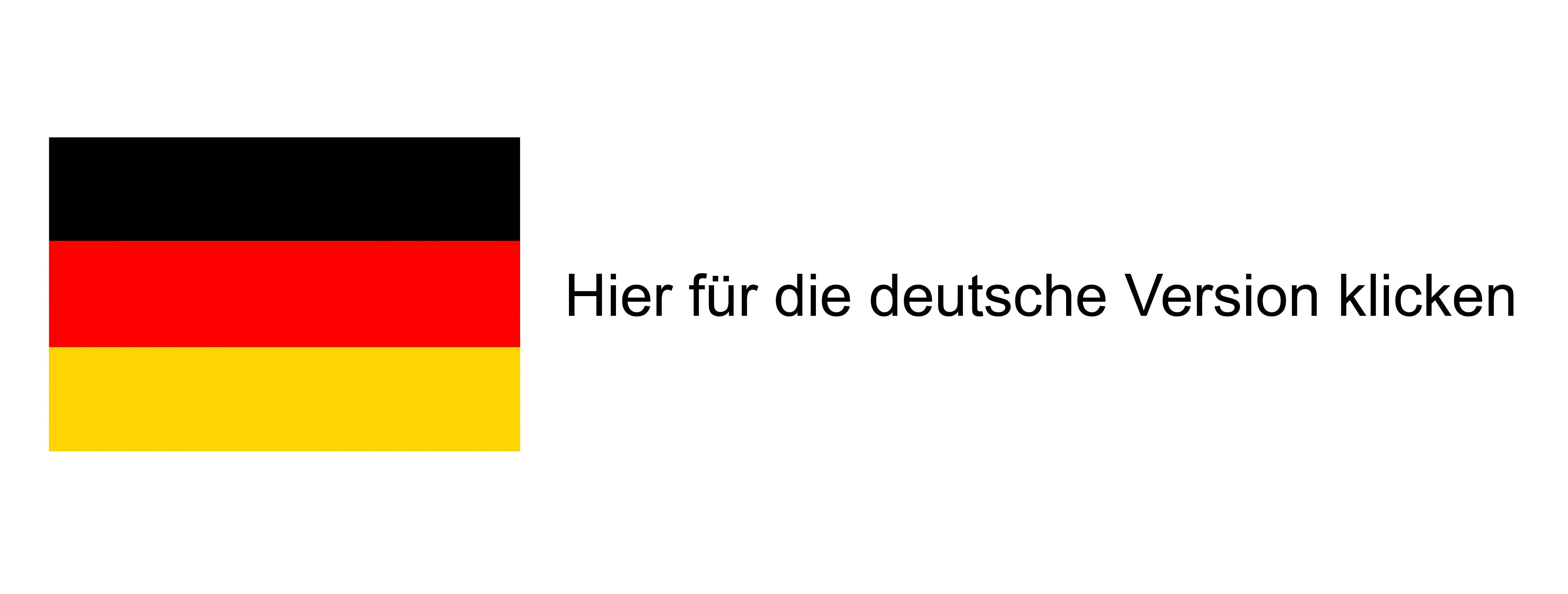|
Module
Name
|
Module
Contents
|
CP
|
|
Module 1:
Sociological Theory, History of Sociology and Philosophy of Science
|
Students look
in detail at the social determinants of the emergence and development of the
subject, the central classical and current theories as well as important
discourses in the philosophy of science. They deal in depth with the
relationship between social change and theory formation, the problem of the unity
and diversity of theories as well as their descriptive and explanatory
potential. In the process, they also familiarise themselves with the
interdisciplinary connections between sociological theories and other
theories from the humanities, social sciences and natural sciences.
Students
must produce proof of participation in three seminars and sit a written,
course-related end-of-module examination.
|
14
|
|
Compulsory
Electives: From
Modules 2 to 8, students choose three. Students must complete one of the two
end-of-module examinations in Modules 2 to 8 as an oral examination (30 minutes).
The other two end-of-module examinations in the compulsory electives must be
completed as a written test or a term paper.
|
|
Module 2:
Gender, Migration, Diversity
|
The
module teaches advanced knowledge of the key approaches of several
specialised fields of research, such as gender and intersectionality studies,
queer studies, classical and recent theories of migration,
transnationalisation research, theories on the social production of
difference(s) (i.e. diversity), ethnicity and racism studies, cultural
studies, labour feminism research, recent developments in feminist
technoscience studies, social movement research, methodologies and methods of
gender studies, intersectionality research, transnational migration studies
and queer studies.
|
14
|
|
Module 3:
Microsociology, Social Psychology and Culture
|
The
module teaches advanced knowledge of theories and methods of microsociology,
social psychology and cultural theory. In theory-related courses as well as
courses geared towards specific topics, students acquire a sound insight into
the epistemic foundations and conceptual tools of the interpretative paradigm
of empirical social research. Here, psychoanalysis as a social and cultural
theory plays a decisive role, as do other paradigms of microsociology:
symbolic interactionism, phenomenology, ethnomethodology and ethnography,
cultural studies, sociological social psychology.
Furthermore,
special attention is paid in this module to topics and social spheres that
are particularly important for studying the connection between subject and
society. In particular, courses focus on socialisation theories and their
application in empirical research as well as on related thematic areas such
as the social constitution of individual and collective identity. Finally,
family, youth and childhood sociology are recurring themes in this module.
|
14
|
|
Module 4:
Economy, Work and Organisation
|
In this
module, advanced knowledge of the economy, work, organisation and innovation
in different historical and current societal models is taught. This involves
both conceptual as well as empirical studies that address the above-mentioned
topics, further develop them with critical intention and empirically
substantiate the findings thus gained. In this context, the aim is also to
link the individual thematic areas in terms of content, e.g. innovation and
organisation, work and business cultures, stakeholders of change, or power
processes in organisations. Finally, courses are offered that address the
above-mentioned thematic areas with the aim of processing the social theory
implications of current dynamics.
|
14
|
|
Module 5:
Social Structure, Social Inequality
|
Students
deal in depth with various determinants and dimensions of social inequality
and the mechanisms that create it. Important in this context is the unequal
distribution of resources and courses of action between social groups and the
opportunities for shaping one's life that accompany them. A key question is
how social institutions such as the economic system, the labour market, the
education system, the family or social policy (re)produce such social
inequalities.
Important
social science theories and methods for the analysis of social inequality are
treated in the module's courses and applied to specific determinants of
social inequality (such as inequality because of socio-economic status,
gender, ethnic origin, age, region) as well as specific dimensions of social inequality (such as
participation in the labour market, income, poverty, education, health,
political involvement, social participation). Here, inequalities are
considered in different contexts (local, national, transnational). The module
contents also include the analysis of legitimisation processes as well as a
comparative contemplation of inequality (e.g. in a country comparison or over
time).
|
14
|
|
Module 6:
Knowledge, Technology and Environment
|
The
module provides an overview of the research areas of the sociology of
knowledge as well as of technical and environmental sociology. The seminars
offered cover methods, methodologies and perspectives of international science
and technology studies, materialist theories and concepts as well as various different
schools of praxeology. Other focus areas are nature/culture relationships,
human/environment relationships, resource use and exploitation, and the
regulation of life processes. Finally, specific forms of knowledge genesis in
these fields are presented and critically discussed, including
interdisciplinary and transdisciplinary research approaches.
|
14
|
|
Module 7:
Methods of Empirical Social Research
|
The
module enables students to set a research-based focus in the area of empirical
social research methods. At an advanced level, the module offers seminars on
central research designs, methodical approaches as well as data collection
and data analysistechniques in empirical social research. The courses offered in the
module systematically cover areas of both the interpretative/reconstructive
and the quantitative/statistical tradition of empirical social research in
order to give students the opportunity to consolidate their training in the
methods of empirical social research either in both or specifically in only
one of the traditions of the subject.
It is
recommended that students who choose this advanced course complete the
courses in the module before or in parallel to attending the research
practice courses (Modules 9/10).
|
14
|
|
Module 8:
Specialisation
|
Courses
can be individually selected from the compulsory elective modules as well as
from the theory and methods courses. This includes Modules 1-7 as well as all
courses within the intra-faculty and cross-faculty research priorities (for
advanced thematic studies).
Special
rule:
Students
may submit an application (one page) to the Module Supervisor to earn up to 9
CP in the framework of an internship. Students must make clear how the
internship contributes to their specialisation. The examination (5 CP) cannot
be substituted.
Active
participation in university politics is also considered as equivalent to an
internship. Activities can be recognised that are based on an election and
have been exercised for at least one year, whereby only directly elected
offices are taken into consideration. 3 or 6 CP can be credited for participation
in university politics: Students' Union Executive Committee (6 CP), a
Students' Union office (3 CP), Student Parliament Executive Board (3 CP), Senate
(6 CP), Faculty Council (3 CP), Departmental Student Representative Committee
(3 CP), Women's Council (3 CP). The examination cannot be substituted in this
case either.
|
14
|
|
Research
Practice (compulsory)
|
|
Module 9:
Research Practice 1
|
The
module comprises research-related courses that centre on the independent processing
of a sociological question in the framework of an empirical research project
by students. The courses enable students to access theory-led data
independently, for example through access to the field and developing a
primary survey or by making available empirical social research datasets for
secondary analysis. The courses offered in the module systematically coverareas of both the qualitative-interpretative and the quantitative/statistical
tradition of empirical social research in order to open up the possibility
for students to specialise by attending corresponding courses within the master's
programme.
It is
also possible to complete Modules 9 and 10 by attending a research practice
course lasting two semesters under the supervision of a lecturer, in which
case the first semester will typically be dedicated to designing and
preparing a primary survey and the second to data collection and analysis.
Students
must produce proof of participation in a seminar (4 semester hours per week)
and sit a written, course-related end-of-module examination in the form of an
empirical research paper.
|
14
|
|
Module 10:
Research Practice 2
|
Same
contents as Module 9.
Students
must produce proof of participation in a seminar (4 semester hours per week)
and sit a written, course-related end-of-module examination in the form of an
empirical research paper.
|
14
|
|
Completion
of Studies
|
|
Module 11:
Dissertation Colloquium
|
Here,
students treat sociological topics and questions of their own choice within
an independent research paper. They can apply the methods, theories, concepts
and working techniques they have learned to the chosen topic and combine them
in a targeted research process.
Students
must produce proof of active participation in two colloquia and sit an oral end-of-module examination on their master's
dissertation.
|
11
|
|
Module 12:
Final Module
|
Composition
of a master's dissertation on a topic of one's own choice on a sociological
research question.
|
25
|









